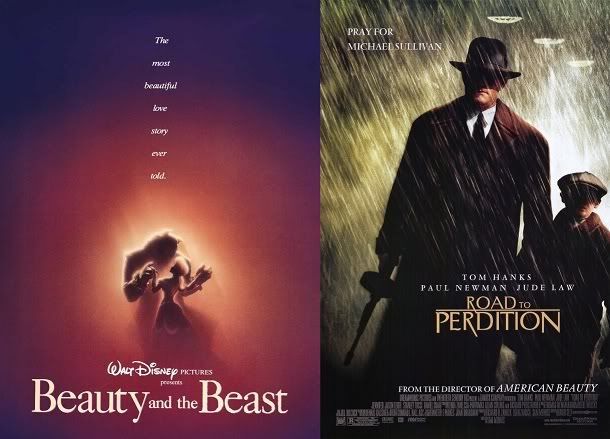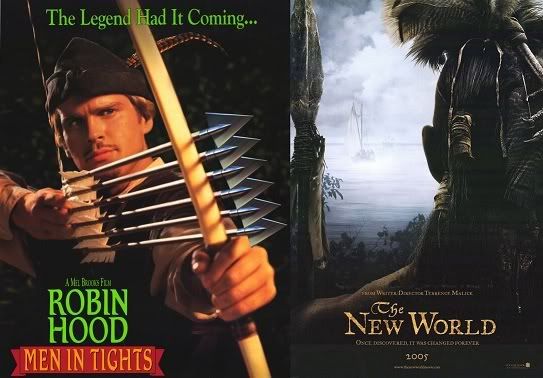Despite the vast subtleties and intricacies that define and complicate Jim Jarmusche’s films, it is surprisingly easy to sum each of them up with one brief Twitter-friendly line.
“Broken Flowers”-- Bill Murray looks for a son he may or may not have by visiting ex-girlfriends.
“Coffee and Cigarettes”-- People sit at a table and smoke, sip, converse.
“Dead Man”-- Johnny Depp meanders about in the 19th century American frontier.
“Night on Earth”-- Vignettes of cab drivers around the world during the same 15 minute time frame.
My wife asked me what Ghost Dog was about.
“Forest Whitaker is a ninja, or something.”
I said that before I saw the film. I would now like to amend that description.
“Forest Whitaker is a samurai, or something.”
The “something” needs to be retained, because even though the character Ghost Dog walks in the way of the samurai, I never got the feeling that he was anything else besides an imitator. He was a guy with moral convictions who aspired to be a samurai, and was thus nothing more than a guy with moral convictions who aspired to be a samurai. Granted, the character was great in everything he did (swordplay, gunplay, stealthiness, sweet assassinations, waxing philosophical, etc.), but in the end he could only follow in the footsteps of the samurai and never wear the shoes.
Neither were his mobster foes anything but imitation mafiosos (which became clear when the landlord dropped by and demanded they pay up three months’ worth of rent). But their imitations were more about posturing. They became mafia stereotypes because the image of tough-guy mobsterism was more important than whatever values and earned respect authentic mafia men had. Above all else this is what set Ghost Dog (a fake samurai) apart from the mobsters (a fake mafia). Respect of ones’ self versus respect from others. And, if anything, this film illustrates that if you respect yourself then the admiration from others will follow. Simply dressing up to make others admire you will only result in angry landlords and loud clothing. I may have read that in a fortune cookie once.
Forest Whitaker is a samurai, or something.
So there’s that.
Let’s talk about the Jarmuschian elements of this film.
The pace of Jarmusch’s films tend to be leisurely, to say the least. Thankfully there are ample killings in “Ghost Dog” to interrupt long takes of long shots of nothing in particular. Still, Jarmusch presents a story rather than tells it. The story is conveyed through imagery instead of words, and an unfortunate consequence of this is that the characters feel held away from us at arm’s length. It’s hard to relate to them. It’s hard to get to know them. We don’t really care that much when they die. Their deaths are simply presented to us on a well-crafted platter. We are not making friends and we are not mourning lost loved ones. We are merely observers.
What we are left with are the thematical elements to dwell on and the comedy/violence to entertain us. “Ghost Dog” succeeds in both of these departments. I was left pondering the relationship between the old and the new, endings and beginnings, good and bad, the way of nature and the way of man. I was also terribly enthralled by the way Ghost Dog went about shootin’ down the bad guys. I love me some vengeance killings.
Overall I liked “Ghost Dog.” It was entertaining, had a killer RZA soundtrack, and watching any of Jarmusch’s films, whether you like them or not, will earn you film snob points. I now have enough to trade in for a key fob shaped like Francois Truffaut.
I will also never stare down the drain of a bathroom sink ever again.
I rate “Ghost Dog” 4 ancient Japanese manuscripts I’ll never read... out of 5.


I wonder what looking at life through Mickey colored lenses must be like. Makes me almost want to rewatch the movie to see why I can identify and agree with many of your points, yet come to a polar opposite conclusion.
ReplyDeleteit's because i'm a terribly shallow person.
ReplyDelete